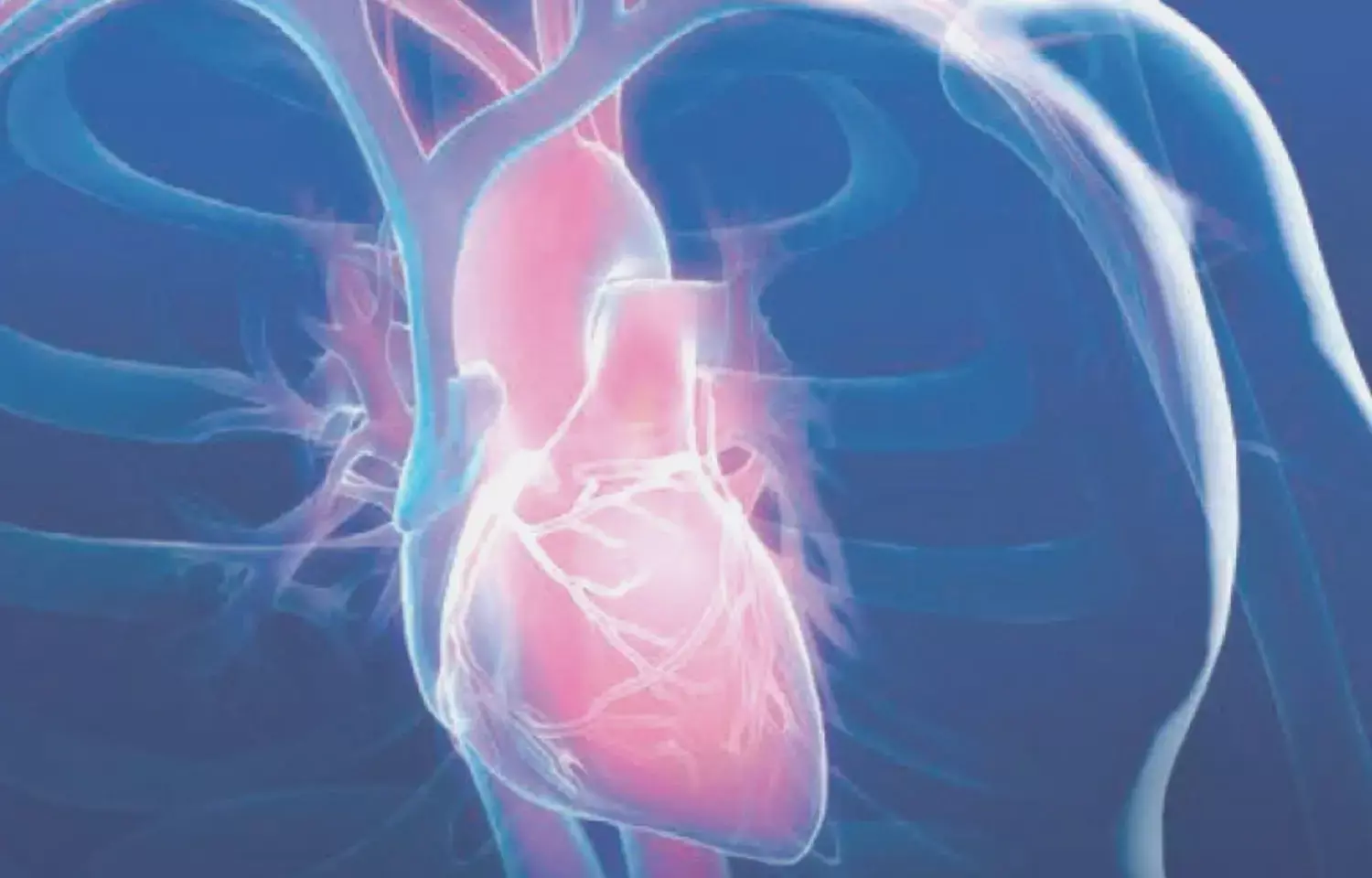- Home
- Medical news & Guidelines
- Anesthesiology
- Cardiology and CTVS
- Critical Care
- Dentistry
- Dermatology
- Diabetes and Endocrinology
- ENT
- Gastroenterology
- Medicine
- Nephrology
- Neurology
- Obstretics-Gynaecology
- Oncology
- Ophthalmology
- Orthopaedics
- Pediatrics-Neonatology
- Psychiatry
- Pulmonology
- Radiology
- Surgery
- Urology
- Laboratory Medicine
- Diet
- Nursing
- Paramedical
- Physiotherapy
- Health news
- Fact Check
- Bone Health Fact Check
- Brain Health Fact Check
- Cancer Related Fact Check
- Child Care Fact Check
- Dental and oral health fact check
- Diabetes and metabolic health fact check
- Diet and Nutrition Fact Check
- Eye and ENT Care Fact Check
- Fitness fact check
- Gut health fact check
- Heart health fact check
- Kidney health fact check
- Medical education fact check
- Men's health fact check
- Respiratory fact check
- Skin and hair care fact check
- Vaccine and Immunization fact check
- Women's health fact check
- AYUSH
- State News
- Andaman and Nicobar Islands
- Andhra Pradesh
- Arunachal Pradesh
- Assam
- Bihar
- Chandigarh
- Chattisgarh
- Dadra and Nagar Haveli
- Daman and Diu
- Delhi
- Goa
- Gujarat
- Haryana
- Himachal Pradesh
- Jammu & Kashmir
- Jharkhand
- Karnataka
- Kerala
- Ladakh
- Lakshadweep
- Madhya Pradesh
- Maharashtra
- Manipur
- Meghalaya
- Mizoram
- Nagaland
- Odisha
- Puducherry
- Punjab
- Rajasthan
- Sikkim
- Tamil Nadu
- Telangana
- Tripura
- Uttar Pradesh
- Uttrakhand
- West Bengal
- Medical Education
- Industry
TAVR has similar outcomes as SAVR in Patients with Small Aortic Annulus: JAHA

A recent study published in the Circulation Journal found neither surgical nor transcatheter techniques are clearly preferable for treating severe aortic stenosis (AS) in individuals with a small aortic annulus (SAA).
Fifteen university hospitals participated in the study, which included 151 patients with severe Acute Syndrome and SAA (aortic annulus diameter < twenty-three mm). Transcatheter aortic valve replacement (TAVR) was performed on half of the participants, whilst standard surgical aortic valve replacement (SAVR) was performed on the other half.
Assessing valve hemodynamics and clinical results was the main goal. Using Doppler-echocardiography, the researchers specifically searched for moderate-severe aortic regurgitation (AR) and severe prosthesis patient mismatch (PPM) at the 60-day mark.
The incidence of severe PPM was 5.6% in the TAVR group and 10.3% in the SAVR group. Moderate-severe AR was non-existent in both groups. Further secondary outcomes like mortality and stroke at 30 days, and even longer-term outcomes after a median follow-up of 2 years, showed no significant differences between the two approaches.
The findings indicate that both TAVR and SAVR appear to be valid alternatives for treating patients with severe AS and SAA, but the choice may ultimately depend on individual patient characteristics, anatomical risk factors, and patient preferences.
The limited sample size raises concerns about its statistical power, making it crucial to confirm these findings in larger studies. Despite this, it represents a significant step in understanding the most effective approach to treatment for this specific group of patients.
In the world of cardiac interventions, it's another reminder of the value of tailored medicine – one size does not fit all. As research in the field continues to evolve, these findings underscore the need for personalized treatment decisions that consider each patient's unique medical profile, ensuring the best possible outcomes for those with severe AS and SAA.
Reference:
Rodés-Cabau, J., Ribeiro, H., Mohammadi, S., Serra, V., Al-Atassi, T., Iniguez, A., Vilalta, V., Nombela-Franco, L., Saez de Ibarra, J. I., Kalavrouziotis, D., … Pibarot, P. (2023). Transcatheter or Surgical Aortic Valve Replacement in Patients with Severe Aortic Stenosis and Small Aortic Annulus: A Randomized Clinical Trial. In Circulation. Ovid Technologies (Wolters Kluwer Health). https://doi.org/10.1161/circulationaha.123.067326
Neuroscience Masters graduate
Jacinthlyn Sylvia, a Neuroscience Master's graduate from Chennai has worked extensively in deciphering the neurobiology of cognition and motor control in aging. She also has spread-out exposure to Neurosurgery from her Bachelor’s. She is currently involved in active Neuro-Oncology research. She is an upcoming neuroscientist with a fiery passion for writing. Her news cover at Medical Dialogues feature recent discoveries and updates from the healthcare and biomedical research fields. She can be reached at editorial@medicaldialogues.in
Dr Kamal Kant Kohli-MBBS, DTCD- a chest specialist with more than 30 years of practice and a flair for writing clinical articles, Dr Kamal Kant Kohli joined Medical Dialogues as a Chief Editor of Medical News. Besides writing articles, as an editor, he proofreads and verifies all the medical content published on Medical Dialogues including those coming from journals, studies,medical conferences,guidelines etc. Email: drkohli@medicaldialogues.in. Contact no. 011-43720751


